Think locally, invest locally
On the 60th anniversary of UNDP, uplifting story of how rural Nepalis have developedThis year, the United Nations is marking its 80th anniversary and it is being celebrated with special events across the world to commemorate its establishment on 24 October 1945.
It has also been 75 years since the first UN adviser, the Swiss geologist Toni Hagen, was sent to Nepal to explore development opportunities. In 1950, there were no roads and Hagen walked on foot across the length and breadth of Nepal’s mountains, valleys and plains.
This year also marks the 60th anniversary of the United Nations Development Program (UNDP) in Nepal, and much of Hagen’s work laid the basis for the UN’s involvement in education, health, and connectivity in Nepal’s future development.
Despite frequent changes in government and political system, Nepal has made remarkable progress. The poverty rate has gone down by half in the past 30 years to 20.27% of the population. Much of it has to do with remittances from Nepalis working overseas, but it is also a result of the Nepal government’s investment in education, health care and social welfare.
There have been special initiatives like the Prime Minister’s Employment Program that have provided jobs to nearly 800,000 people in the country’s 743 municipalities — especially in those areas with lower Human Development Index (HDI) like the far-west and the Tarai.
This year’s HDI report by UNDP shows that Nepal’s score had risen to 0.622, whereas it was only 0.404 in 1990. In the past 33 years, the average lifespan of Nepalis has risen by 15.6 years to 70.4 years, whereas it was only 54.8 in 1990. However, the country’s HDI ranking is still 145 among the world’s 193 countries.
“Yes, there has been significant improvement in living standards in the past 60 years, road connectivity has improved, the maternal mortality rate has gone down dramatically, almost everyone has phones, there are schools,” says Saru Joshi of the thinktank Nepal Policy Institute.
But, she adds: “It is still difficult to get citizenship papers, especially in the name of the mother, and this has excluded many women from banking services, inheritance. After all our progress in physical infrastructure, Nepal now needs to prioritise inclusive social development.”
Some of this is also happening. Eighteen years ago, Nabaraj Subedi, 49, of a village in Baglung decided not to join his peers fleeing the Maoist conflict to find work overseas. He invested Rs500,000 to buy a diesel generator and start a small furniture business.
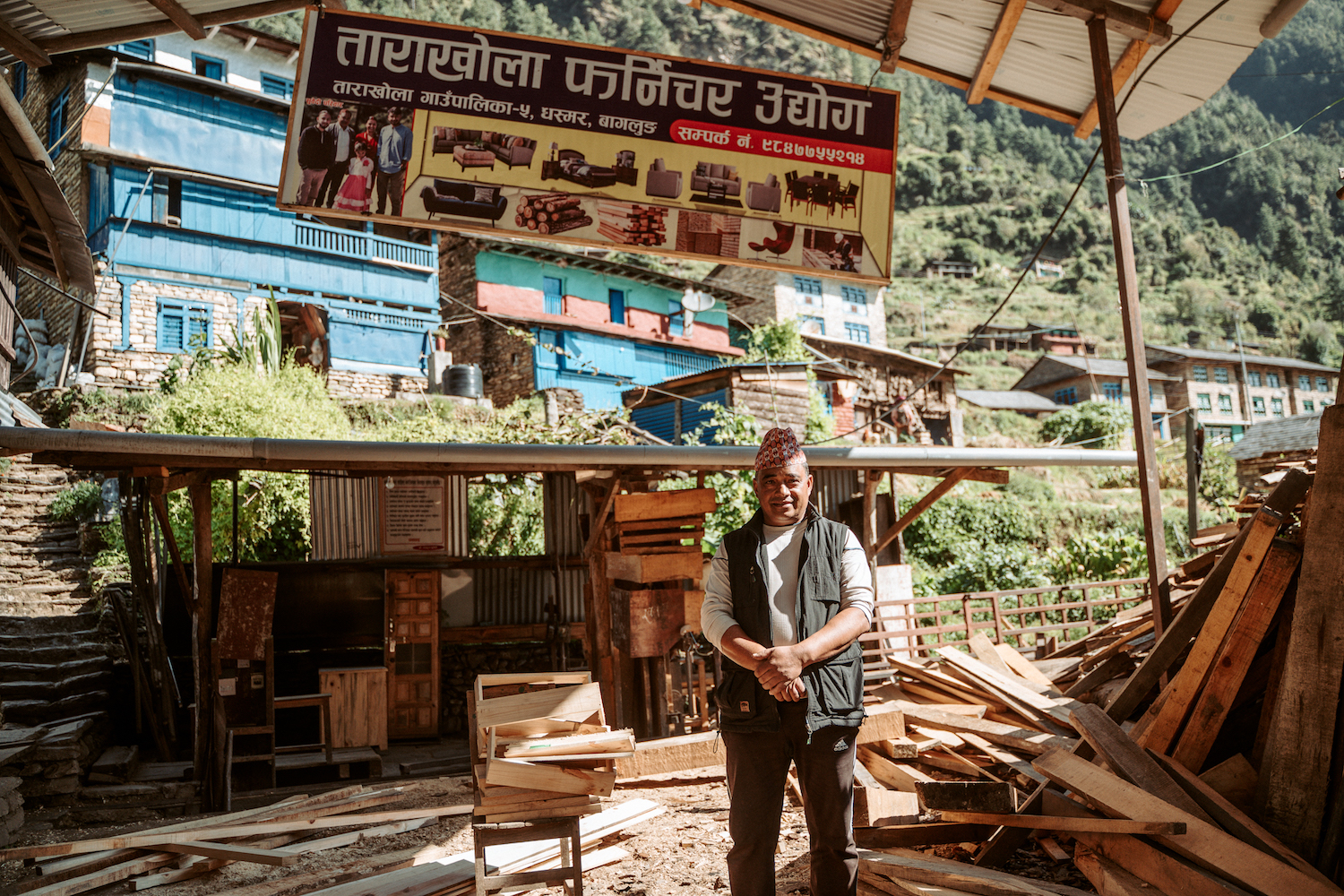
Today, with the installation of the 380 kilowatt small hydroelectric plant, he does not need to depend on his unreliable generator to power his equipment anymore. There is now a road connecting his village, and Subedi has generated local jobs, opened a sales branch in the city, and gets orders from as far away as Pokhara and Chitwan.
“My costs have gone down drastically because of the electricity, and sales have gone up because of the road connecting my furniture to markets. My business has expanded,” Subedi says.
Back in 1960 in a report he prepared for the Nepal government on behalf of the United Nations, Toni Hagen had emphasised just this: investing in electricity generation and connectivity to uplift the remote rural areas of Nepal.
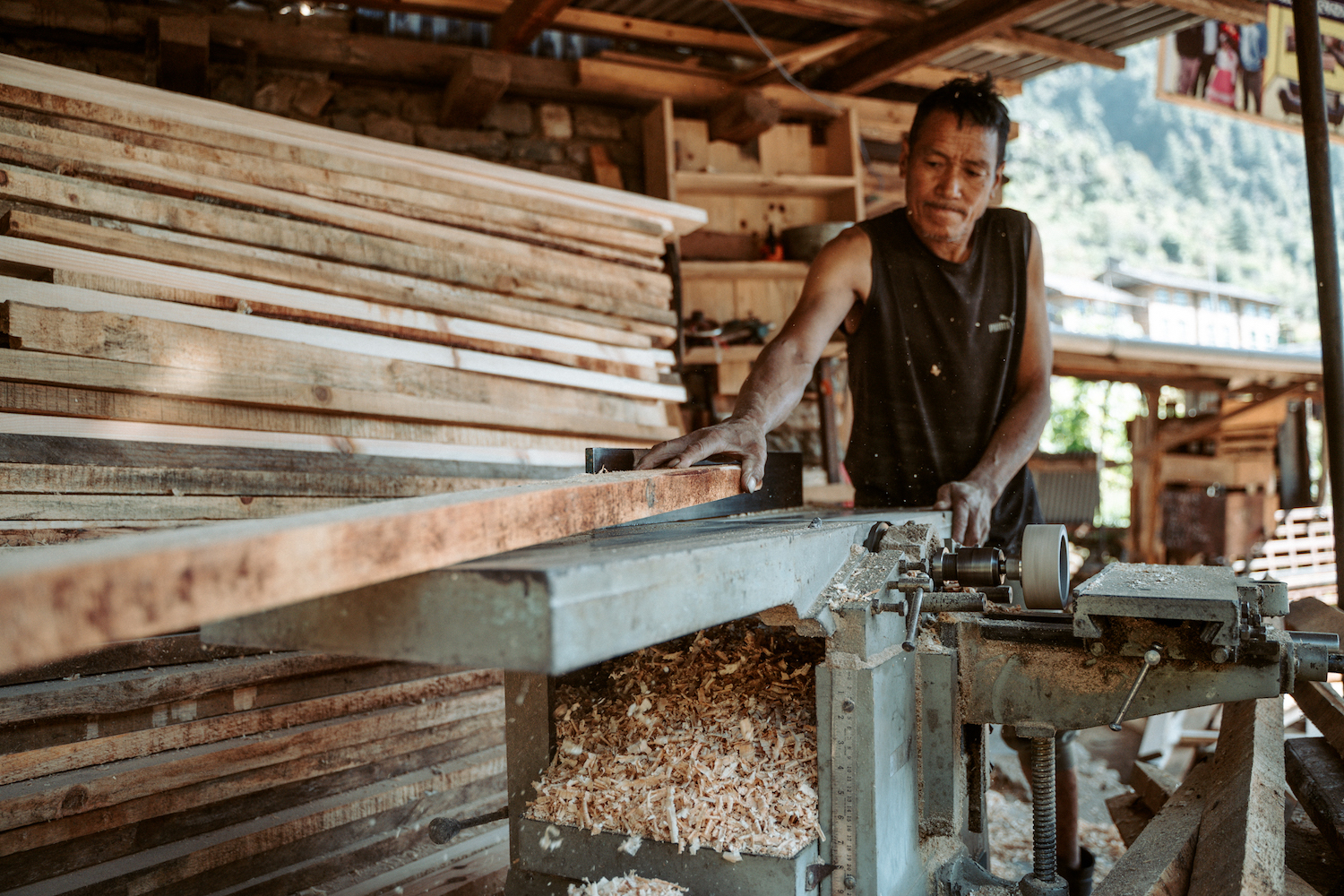
Subedi’s furniture factory gets its electricity from the nearby Tarakhola Hydropower, a company set up eight years ago with financial and technical support from UNDP’s Renewable Energy for Rural Livelihood (RERL) project.
“The project completely transformed living standards in this village,” says municipality chair Dhan Bahadur BK. “It has helped create jobs locally, there is now money to invest in education and healthcare. Households can pay their electricity fees electronically through smart billing.”
After working with the government on rural electrification, UNDP is focussed on using that power for local employment creation. A women’s group, for example, has bought an electric-powered potato processing machine that can produce chips.
“We are 12 of us mothers, daughters, daughters-in-law who process, package and market the potato that we grow ourselves, and it has raised our income,” says Sukmaya Roka, 57, who chairs the group.
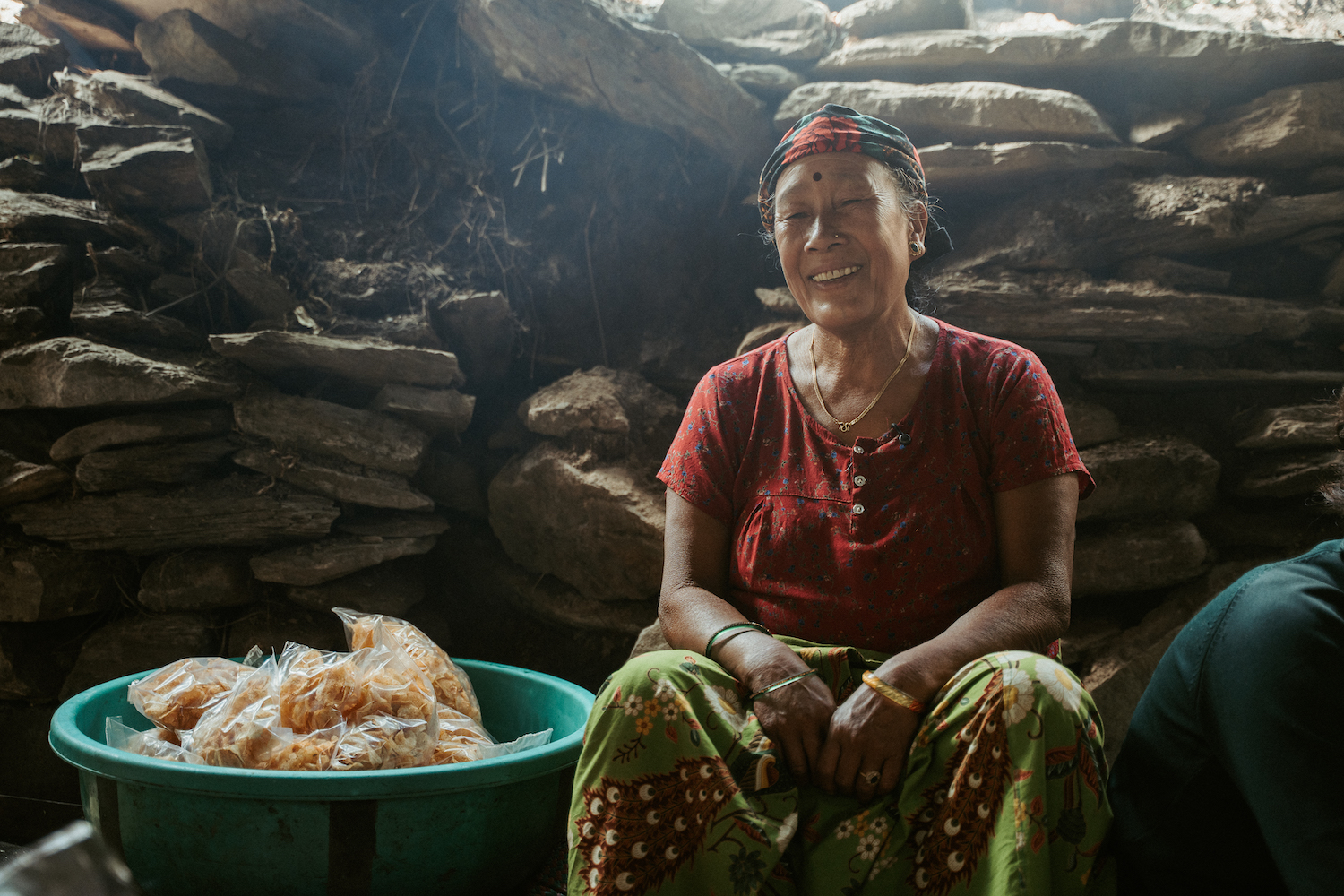
Today, 6.1 million households in Nepal (92.2% of total) have electricity in their homes, up from 17.9% 30 years ago. Access to electricity has not just brought lights to homes, but improved everything from productivity, quality of education, healthcare and phone connectivity.
“To see what electricity and roads can do, just look at our municipality,” says chair Dhan Bahadur BK, “citizens have become more self-reliant, more aware of the outside world.”
NETTLES INTO CASH
Just a little bit of training, resource backup and local empowerment can uplift the living standards of Nepalis. The progress made in harvesting abundantly-available allo (nettles) and turning it into household products is an example.
When a landslide swept away his home and farm in a flood 40 years ago, Buddhi Purja of Parbat became destitute. But he took part in a government training program supported by UNDP and Australia to harvest the wild nettles that grew on mountain slopes and turn the fabric into bags.
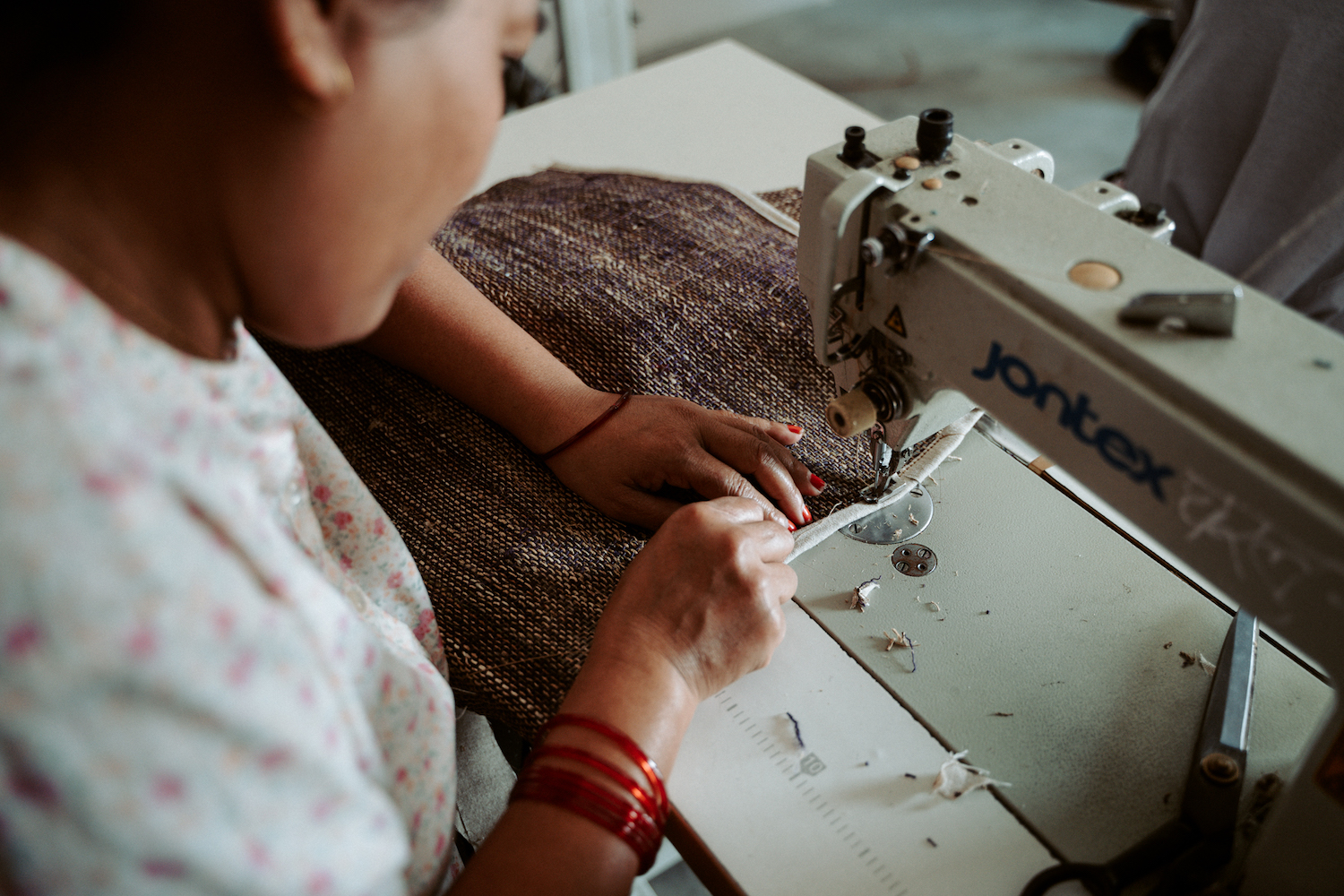
“After the landslide, we had to go hungry if we did not get a day job,” Purja recalls, “but after this training we have found that we can turn nettles into cash.” His allo bags are now hanging in tourist shops in Pokhara Lakeside and Thamel.
The idea that nettles can be processed into useful fabric has not spread across the country, and new ecologically conscious consumers in Europe and elsewhere now import Made in Nepal nettle products.
Purja started out with an investment of Rs500,000, and had a Rs20 million business that employed 25 workers. The Covid crisis in 2020 affected the sales, but Purja has recovered from it, sent his daughter off to study abroad, and is thinking of diversifying his product range.
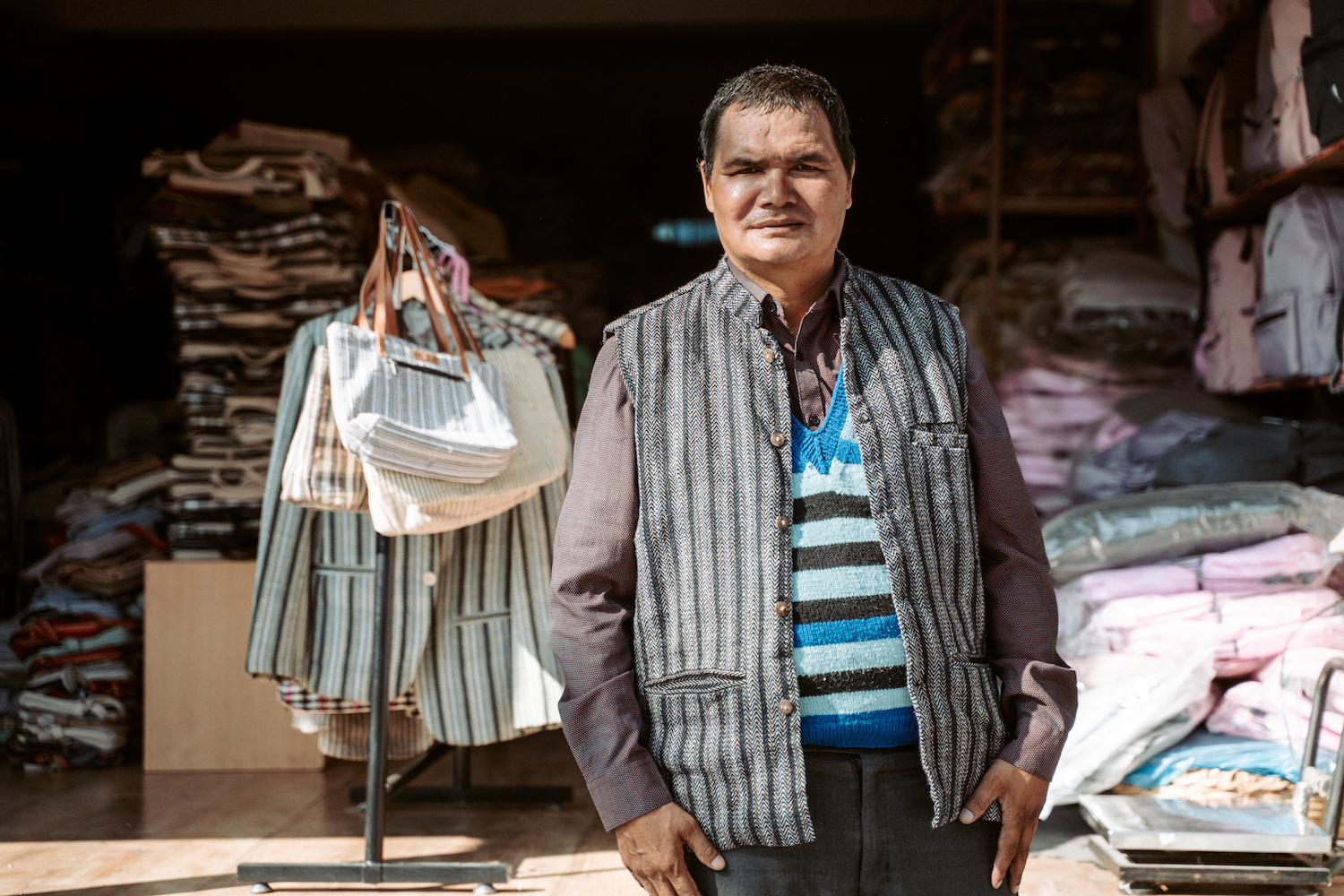
While UNDP’s project has made successful businessmen out of people like Purja, nationwide it has created 187,000 jobs in rural medium-scale industries.
Much of what has worked in Nepal has been at the community level with decentralised projects like these that use the entrepreneurship of people like Buddhi Purja, Navaraj Subedi, and Sukmaya Roka. It is tantalising to imagine how much more progress Nepal would have made if their work could be replicated nationside and upscaled to the state-level.




